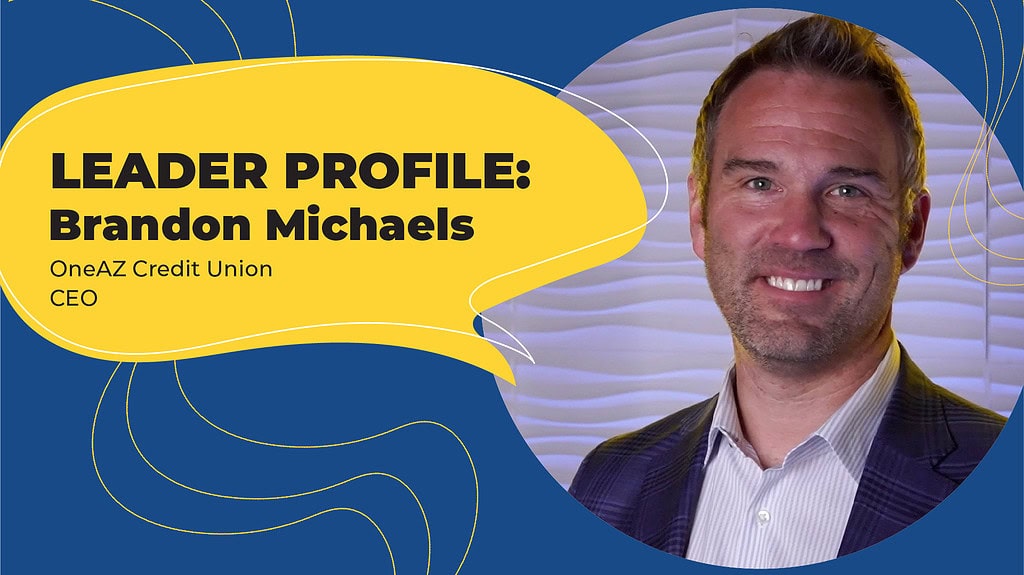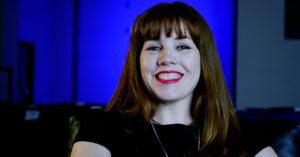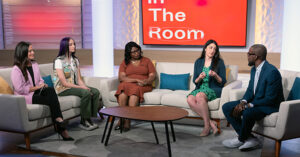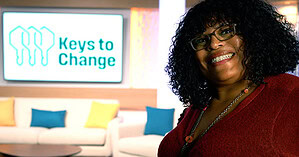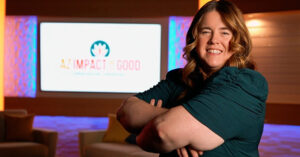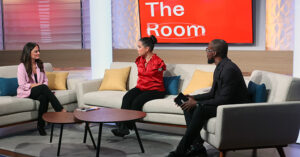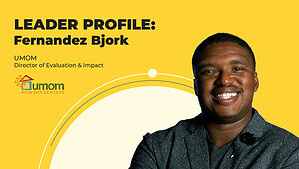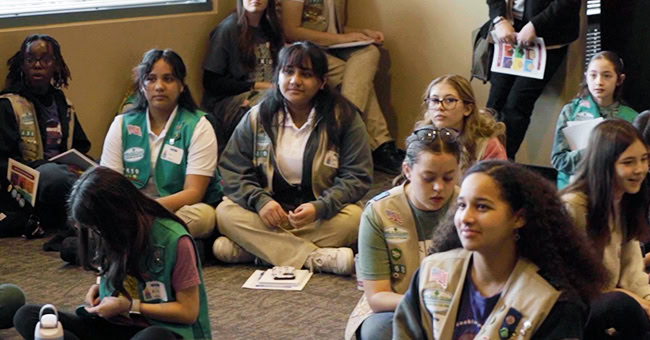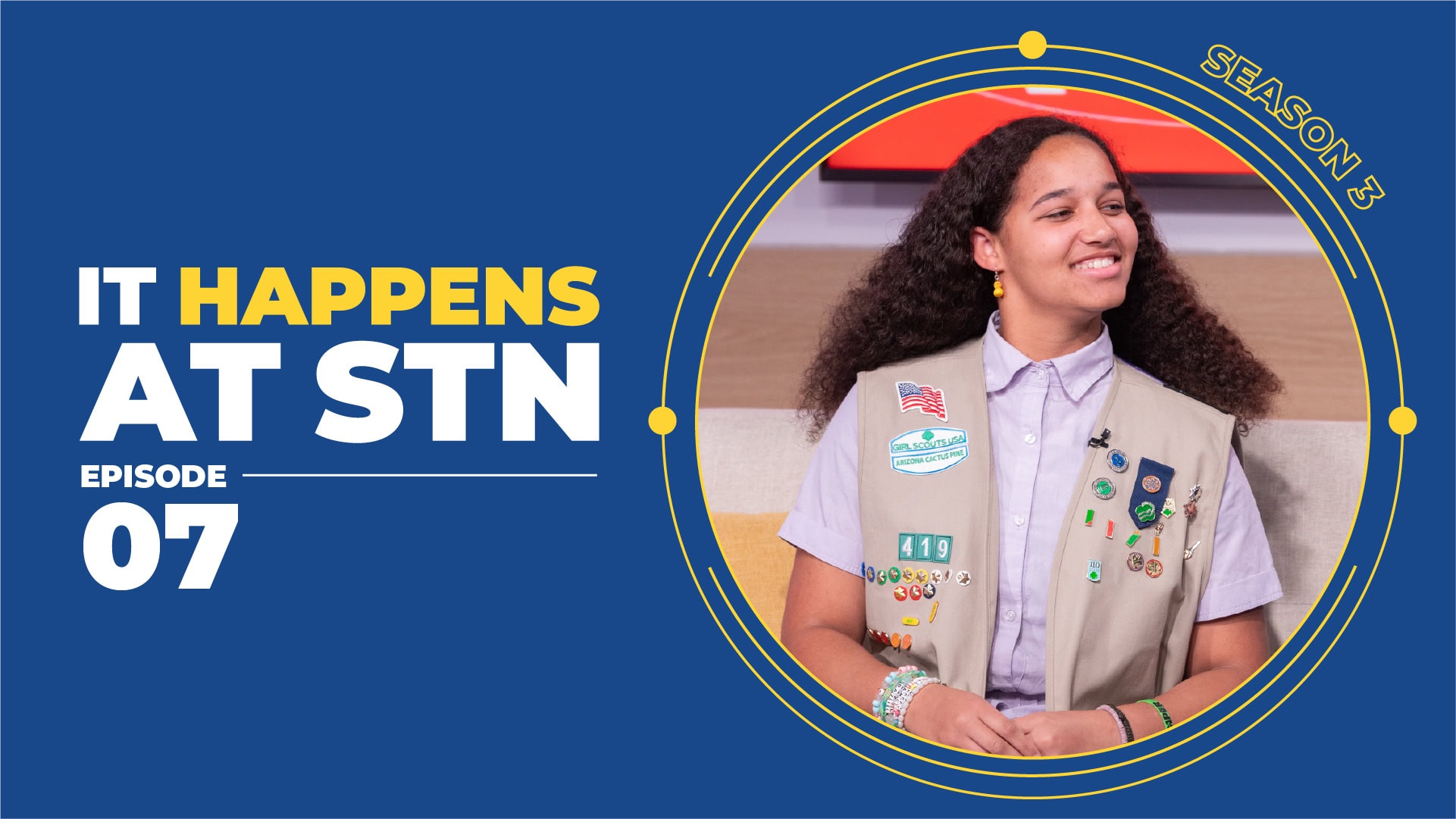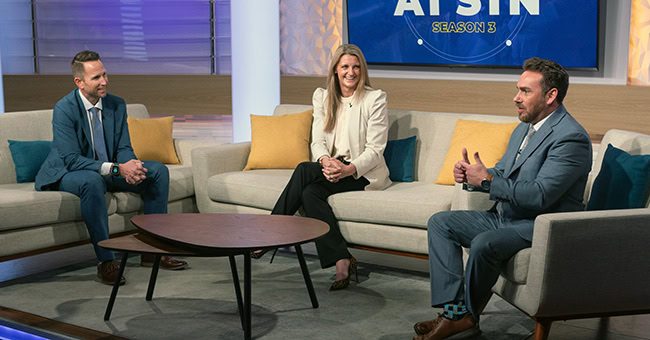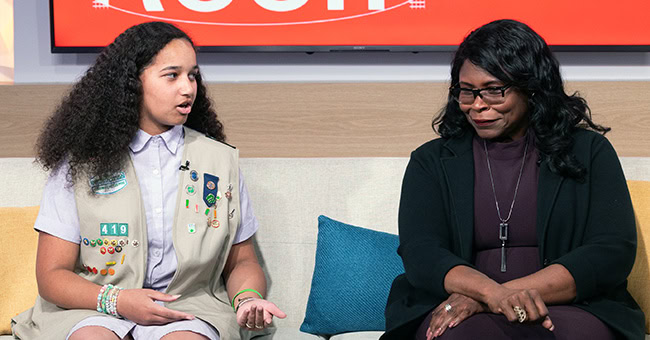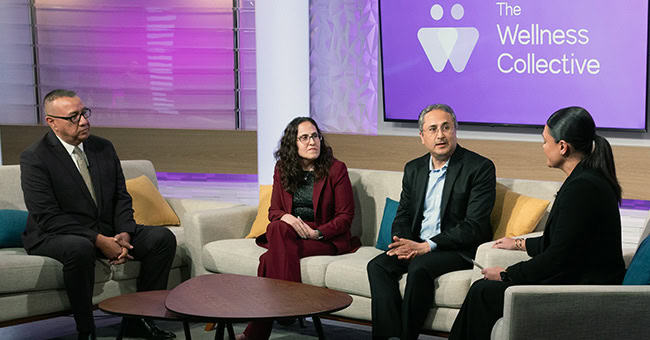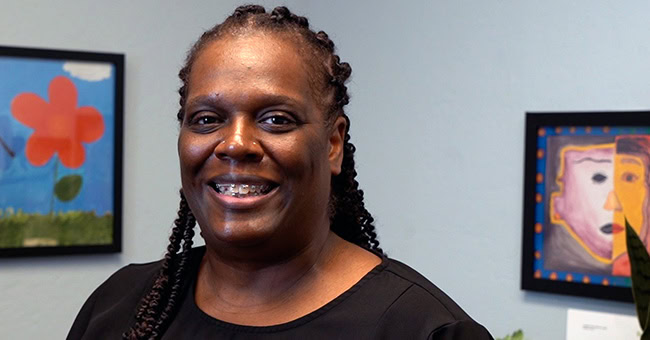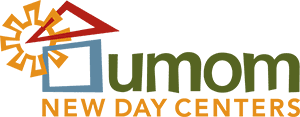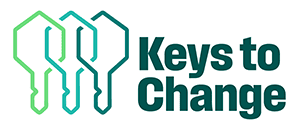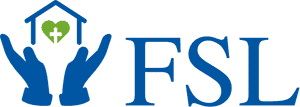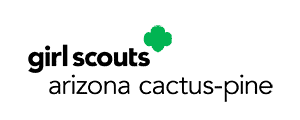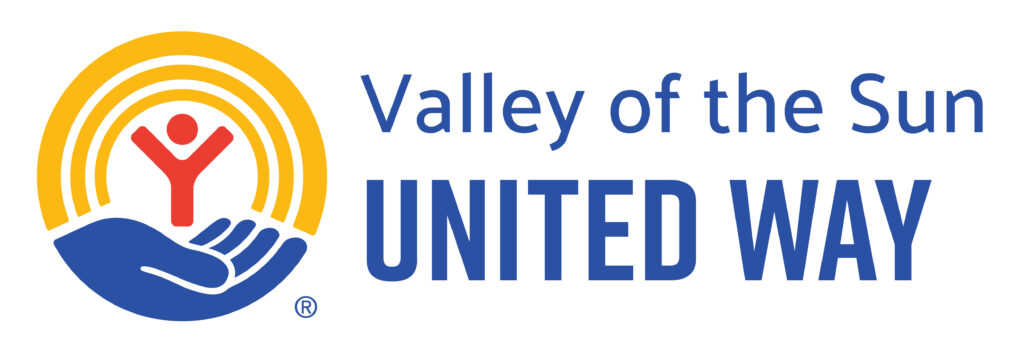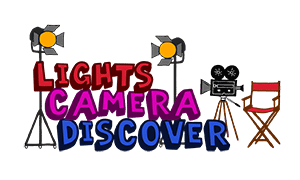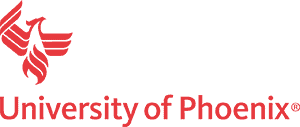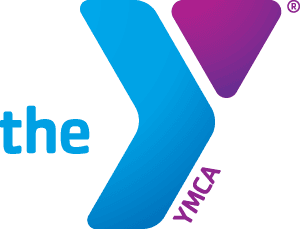PHOENIX (STN) – Brandon Michaels hasn’t even been CEO at OneAZ Credit Union for a year, but he is already excited to help address some systemic issues facing the greater Phoenix area.
During the July episode of It Happens at STN, Michaels talked about the lessons he learned from his grandmother and how that helped him foster his leadership style. He also explained OneAZ’s mission to address food insecurity and what he looks for when collaborating on problem-solving.
Watch the featured video here and read an extended transcript of the STN interview with Brandon Michaels below.
STN
Let’s get to know a little bit about you. Give us a taste of your childhood, background, growing up, where you’re from, and then a bit of your journey into your position today.
BRANDON MICHAELS
I grew up in the Bay area of California, in the East Bay of San Francisco in a little town called Pittsburgh, California. Really a small community, just 40 [or] 50,000 people, but [a] tight-knit, kind of a working-class family, working-class neighborhood city.
My mom was a CEO of a credit union and so was my grandmother. So I was always involved in all the things that they were doing, but I didn’t think that I wanted to be in finance. I thought that I loved the marine life. I loved whales and dolphins and all that. I thought I was going to be a marine biologist and that’s what I wanted to do until I figured out that you’d have to be at the ocean for six months at a time.
So I wasn’t going to do that, and I fell into finances. I went to college but loved the mission of financial services and became a bank examiner. [I] did that for a little while, learned about the financial piece to banking, and then went back into credit unions in 2003, 2004, and worked my way up.
I started as the CFO and worked my way through finance and then really had a mission to be bigger than that, to explore the strategy of the organization and our impact on our surrounding communities. So I put in for the CEO job when I was 30 years old at a financial institution in Kansas City. [I] wasn’t expecting to get it, but I got it. It’s been a wild ride since then.
STN
What’s the background of OneAZ Credit Union? What are some of the things they do that have an impact on the community?
BM
At OneAZ, social transformation is just part of who we are. We started off as Arizona State Employees Credit Union and rebranded about six years ago to OneAZ. When we did that, we started investing in the communities. We had been investing in the communities prior, but we elevated our social impact, created the OneAZ Community Foundation, started doing a self-sustaining foundation methodology with the members are giving back to the communities through their usage of their debit card, and really investing in communities and organizations that make a difference for their constituents. That’s what we’re about. It’s part of our DNA.
I have a belief and a quote that I live by: “To whom much is given, much is expected.” My mission is to help elevate OneAZ’s impact.
STN
Where does that passion come from? What’s the driving force for you to be a difference-maker and a change-maker?
BM
I always have been empathetic. I’ve always been perceptive of others and others’ feelings and the pain that they experience or the passion that they experience. A lot of it is through my mother and grandmother who I saw have an enormous amount of empathy for those in need.
I would go back to my family reunion in Oklahoma as a small kid, that’s where my grandmother was originally from, and she would help [the] family out and give freely to community organizations in these small towns around Oklahoma. That’s really where I learned the empathetic part of giving back. She didn’t have to do it. She didn’t know a lot of the people. She did it because she was passionate about helping others and I have fostered that.
STN
You’ve been the CEO of OneAZ Credit Union for less than a year. You’re fairly new to the community, and kind of integrating yourself into it. What are some of the things you see that represent some of the biggest needs in the Phoenix community?
BM
OneAZ is trying to help food insecurity, [and] trying to help bring communities together no matter their background. Perspectives bring people together to solve the problems of today. Food insecurity is important. DEI is important. Helping people inspire for something bigger, helping them fulfill their dreams. We want to be a financial trailblazer in Arizona and we’re going to do that by inspiring dreams.
Some people just don’t have enough. They’re worried about putting food on the table or they’re worried about making their car payment or paying their electric bill. Dreaming is way far off for them and we want to be a catalyst for that. We want to help them feel comfortable [and] inspire them to dream.
STN
Talk about the importance of collaboration in getting some of these issues solved.
BM
No one can do it alone. It doesn’t matter how big you are, how impactful you are, [or] what your circle of influence is. We all need one another. That is, by definition, a community.
I want us to come together knowing our various perspectives, the various industries that we work in, and our personal backgrounds, and use all of that information to help solve the problems of today. It is all about collaboration. I think at the root of it, it’s what makes a community a community.
STN
Is there anything inside the organization that sticks out or that you’ve been proud of in that short time you’ve been here?
BM
OneAZ is the nicest organization I’ve ever worked for. I said it when we moved here, it’s just nice people. If we can leverage that nicety, that friendly atmosphere, that friendly behavior, [and] embark on positive change, that’s so much more powerful than going into a different market or being in a different market where maybe the people aren’t as friendly or aren’t as together in shared value and trying to impact change. That’s been the most surprising thing for me. Just the friendliness of the people. Everybody’s willing to help.
STN
What do you look for when collaborating with someone?
BM
For me, the most important part is a shared vision and alignment of personal values and alignment of company values, and how are we going to be able to help the communities that we want to serve? It starts with a shared vision, shared attributes, and being able to trust one another. I view it as like a friendship. And just like a friendship where it’s built on trust and shared alignment of values, I look at it the same way.
STN
How should someone approach you? What’s the best way to get that meeting with you?
BM
I’m mobile, right? My cell phone number is always on my signature. My assistant Tammy is phenomenal and she’ll get you on my calendar. Call me. LinkedIn. Facebook. Whatever. It doesn’t matter.
I’m out there so you can reach me.


